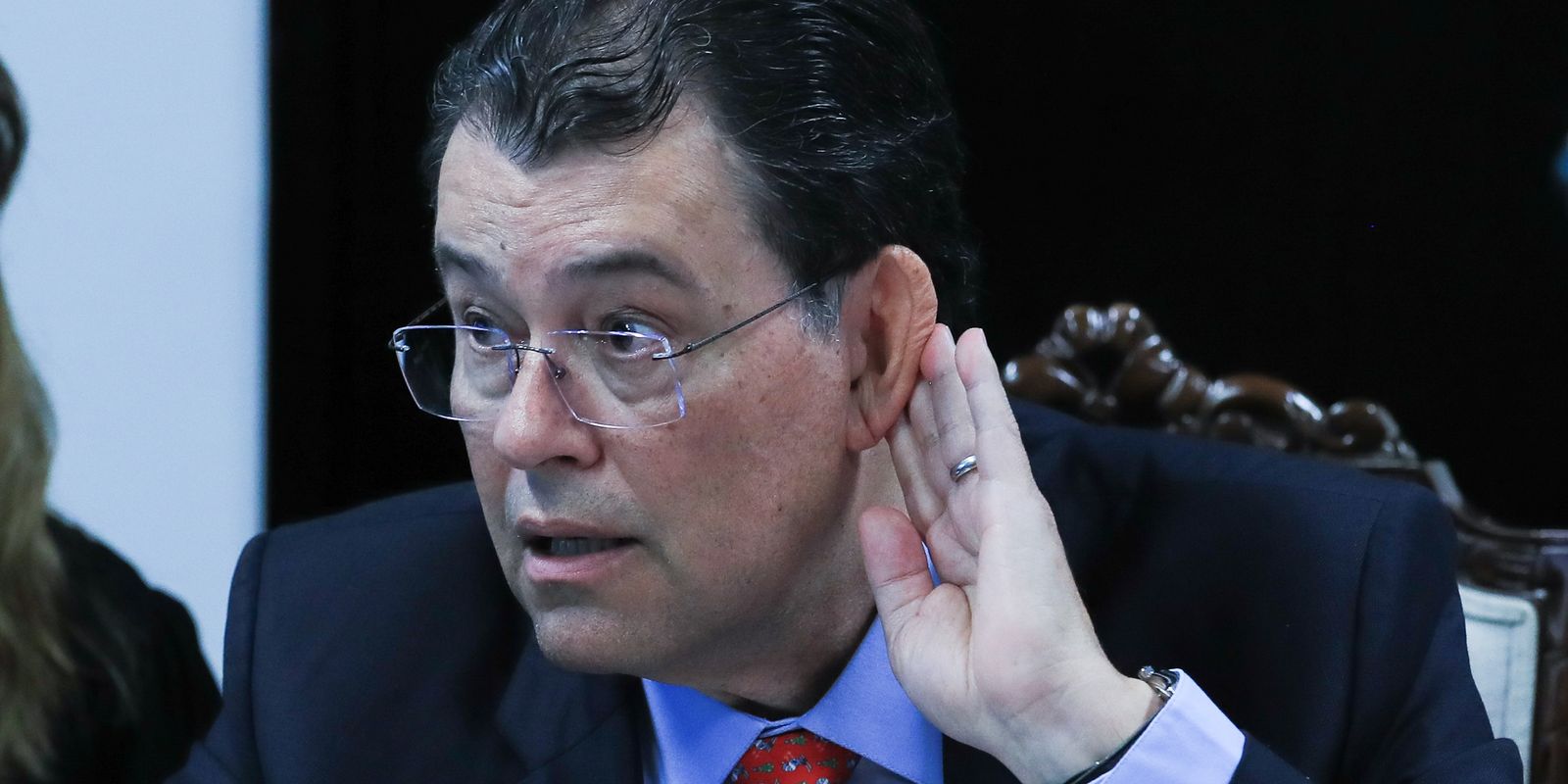The report of the complementary bill that regulates the tax reform, presented this Monday (9) to the Constitution and Justice Committee (CCJ) of the Senate, kept meat and cheese in the national basic basket. The opinion, however, removed corn oil from the exemption and specified that the product will have a rate reduced to 40% of the standard rate of the future Value Added Tax (VAT).
According to the project’s rapporteur, senator Eduardo Braga (MDB-AM), removing corn oil from the exemption allows for equal treatment with other types of vegetable oils. Only soybean eye will be exempt.
The original version of the project that regulates the tax reform on consumption provided for only 15 items from the National Basic Food Basket (CBNA), which will be exempt from VAT, including rice, beans, bread and milk. During the proceedings in the Chamber, deputies added meats, cheeses, all types of flour, oats, salt and corn oil, totaling 22 items.
The complete list of items in the basic food basket with a zero rate is as follows:
• Sugar
• Rice
• Coffee
• Beef, pork, lamb, goat and poultry meat
• Oat flour
• Corn flour, groats and meal
• Cassava flour
• Wheat flour
• Beans
• Infant formulas
• Oat grains
• Corn grains
• Milk
• Powdered milk
• Butter
• Margarine
• Pasta
• Soybean oil
• Regular bread
• Fish and fish meat
• Cheeses such as mozzarella, minas, dish, coalho cheese, ricotta, cream cheese, provolone cheese, parmesan cheese, unmatured fresh cheese and black cheese
• Salt
According to Braga, the report also standardized the tax treatment of fresh foods, such as chestnuts, almonds, dried fruits, dried vegetables, mushrooms and fresh fruits, regardless of their form of presentation. One change was to restrict the 60% reduction to fruits with hard skins to only fruits with a regional character, to stimulate local employment and income.
Standard tax rate
Before the expansion of the basic food basket, meat would only have a tax rate reduced by 60% (to 40% of the standard rate). With the expansion of the basic food basket and other measures included by deputies, the Federal Revenue expects the standard VAT rate to rise from 26.5% to 27.97%. This would make Brazil the country with the highest tax rate in the world, surpassing Hungary, where VAT is equivalent to 27%.
According to the report, Braga’s recent adjustments will not have an impact on the reference rate because the lists have been improved, and the market itself will adapt to the rules, increasing “economic efficiency” and reducing disputes in court. In relation to other benefits included in the text, such as cashback (tax refunds) for telecommunications, exemptions for medicines for rare diseases or an increase in the social reduction for rent, they will be paid for with the Selective Tax on weapons, ammunition and single-use plastic utensils.
90 day deadline
The report presented on Monday defined a deadline of 90 days from December 2030 for the government to send a complementary bill to Congress that reduces tax incentives, if the standard reference rate of Value Added Tax is higher than 26, 5%. Therefore, the text will have to be sent by the end of March 2031.
The previous version, approved by the Chamber, did not establish a deadline for submission. The government could send the text to Congress at any time in 2031, so that the changes could come into force in 2032, following the principle of annuality, according to which tax increases can only be valid in the year following the law’s sanction.
According to the constitutional amendment of the tax reform on consumption, there will be a brake on the tax burden (weight of taxes on the economy). In return, every five years, the government will evaluate the effects of tax incentives, being able to reverse measures that do not bring concrete results to the economy. During the final processing of the complementary bill, the Chamber tightened the lock, establishing the maximum rate of 26.5% for VAT.
The first five-year assessment will be carried out in 2031, based on data from 2030. From then on, the remaining assessments should take place every five years. In recent weeks, Braga and the Ministry of Finance discussed measures to make the lock more effective, but the rapporteur’s main change was the inclusion of the deadline for sending the bill to Congress.















